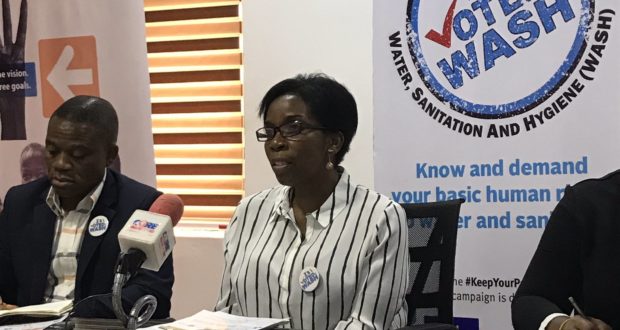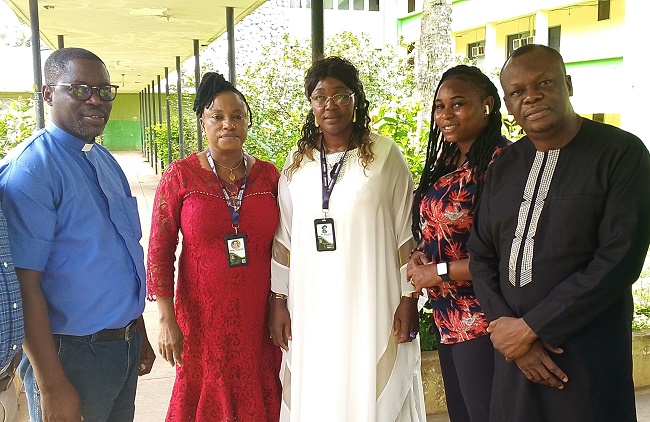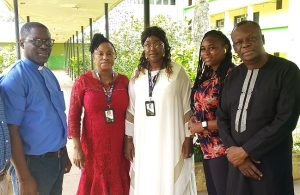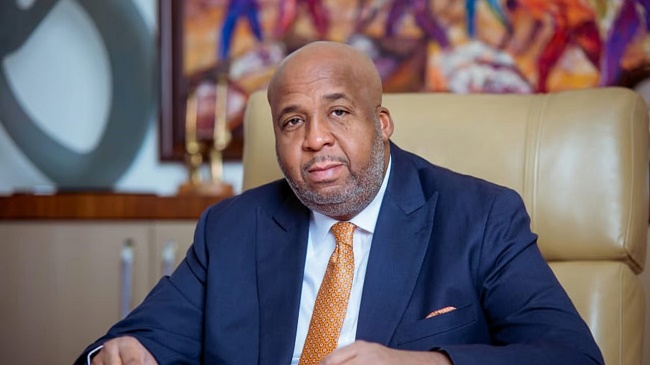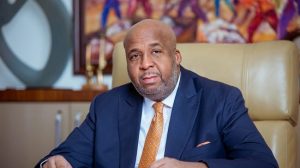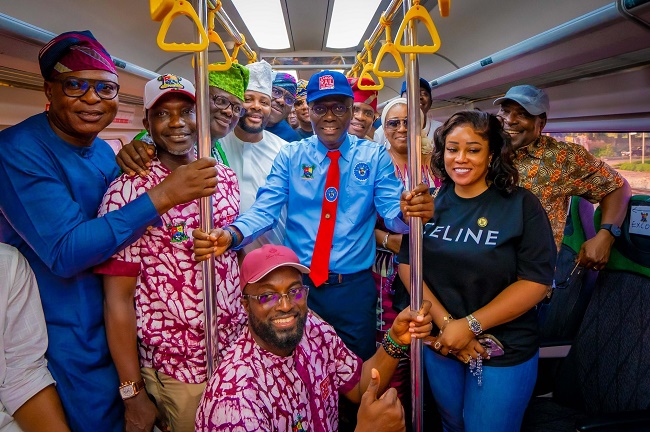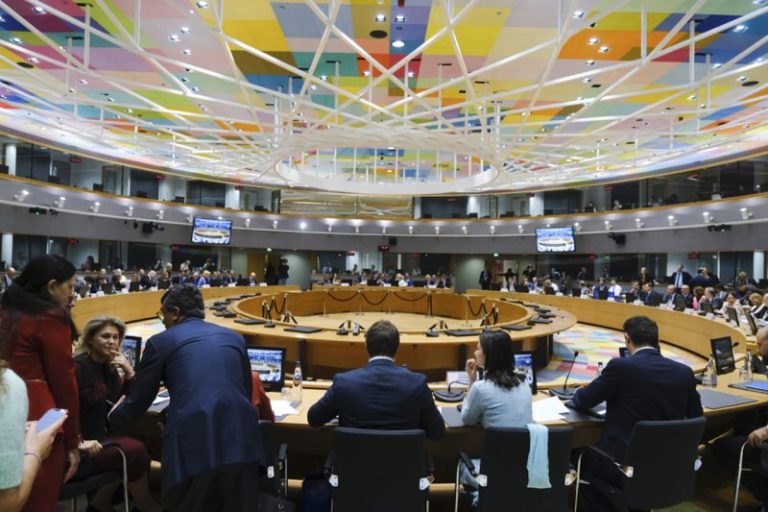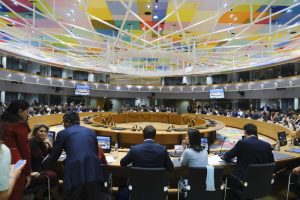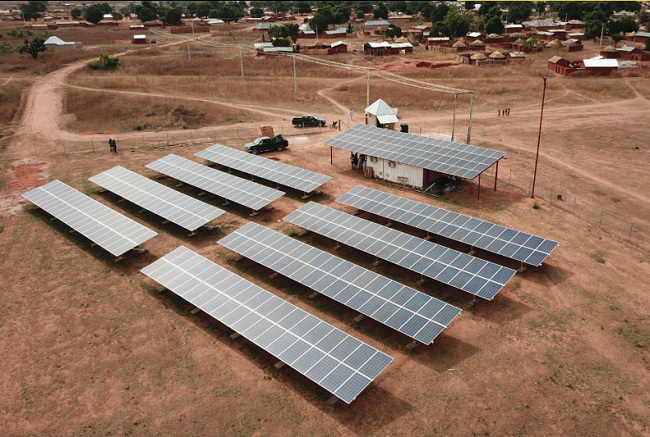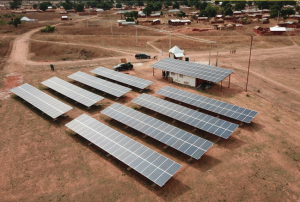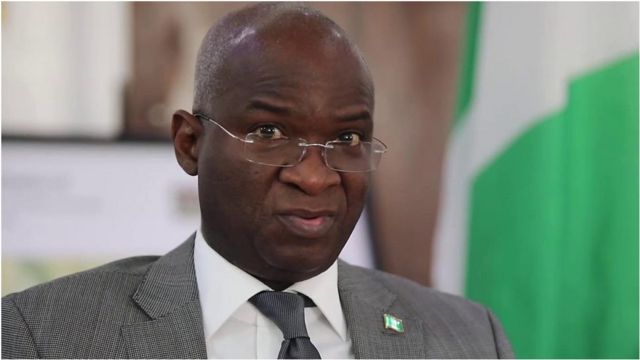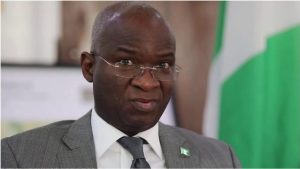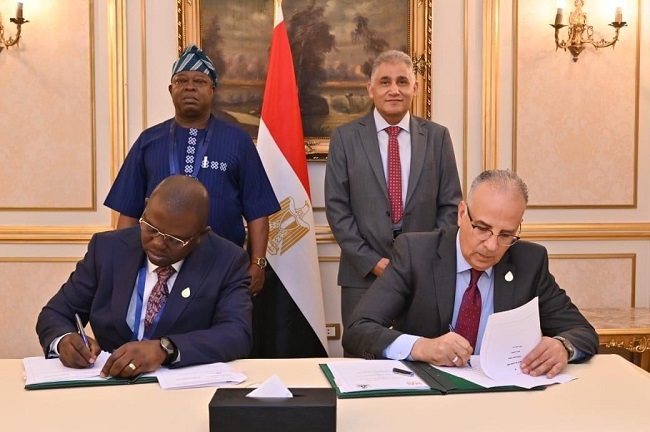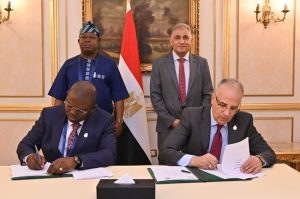There is need for all stakeholders to prioritise efforts at promoting handwashing with soap and water as an easy, effective and affordable way to prevent diseases and save lives.
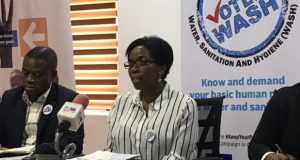
Evelyn Mere, Country Director for WaterAid Nigeria, made this submission on Tuesday, October 15, 2024, in her goodwill message at an event marking 2024 Global Handwashing Day in Oregun, Lagos.
Represented by Godfrey Iloha, WaterAid WASH Manager, Mere said: “Going by the report of WASHNORM in 2021, only 99% of heads of households have knowledge of at least two critical times for handwashing while only 8% could demonstrate proper handwashing.
“This wide disparity between knowledge and practice is the challenge we must work together to address. Recent outbreaks of cholera in several locations in the country continue to remind us of the importance of handwashing with soap and water, making the theme of this year’s Global Handwashing Day very relevant.”
According to her, “We need to take concrete action to ensure that everyone everywhere can practice handwashing, we must re-think our behavioural change approaches to nudge people to wash their hands as frequently as possible.
“It is not sufficient to provide hygiene facilities without providing the requisite education that would move people from awareness to action. The gap between knowledge and practice that must be closed urgently because the results we want to achieve lie therein,” she stressed.
In his remarks, Tokunbo Wahab, Commissioner for the Environment and Water Resources in Lagos State, said: “This annual event serves as a crucial reminder of the simple yet profound act of handwashing, its significance in preventing the spread of diseases, and its impact on public health.”
The Commissioner, represented by Mrs. Folashade Adeyoju, Deputy Director, Office of Environmental Services, opined: “In Lagos, a bustling metropolis with a large and diverse population, the importance of handwashing cannot be overstated. Our city faces numerous challenges, including rapid urbanisation, overcrowding, and limited access to basic amenities in certain areas. These factors can create conditions conducive to the transmission of diseases.
“However, handwashing offers a powerful and accessible solution. By simply washing our hands with soap and water at critical times, such as before preparing food, after using the toilet, and after coughing or sneezing, we can significantly reduce the risk of contracting and spreading diseases like diarrhoea, cholera, and respiratory infections.
“Lagos State has made significant strides in promoting handwashing practices. We have implemented various initiatives, such public awareness campaigns, we have also integrated handwashing education into the curriculum of schools to ensure that our children learn the importance of this practice from a young age.
“I urge everyone to join us in this important endeavour. Let us commit to washing our hands regularly and encouraging others to do the same. By working together, we can create a healthier and more resilient Lagos for generations to come.”
In his remarks, Dr. Hakeem Babatunde Shittu, Chairman, Lagos State Universal Basic Education Board (LASUBEB), talked about the importance of the theme of this year’s event.
Represented by Mr. Avoseh Stephen, Deputy Director, SUBEB, the Chairman noted that the theme – “Why Are Clean Hands Still Important” – highlights the importance of clean hands in preventing outbreaks and pandemics particularly in areas with limited access to healthcare, the answer lies in our collective responsibilities to safeguard public health, prevent infections and promote well-being.
“Furthermore, clean hands remain a fundamental defence against spread of infections, illnesses and harmful germs at homes, hospitals and most especially at schools because of the vulnerable nature of the pupils and students. Practicing handwashing with soap contributes better health outcome and improve learning environment for the learners.”
Highpoint of this year’s Global Handwashing Day was the lecture on “Health Talk on Hand Hygiene” delivered by a Health Educator, Mrs. Olaide Azeezat Ozoaru, where the students learnt the process of proper handwashing which includes wet, ladder, scrub, rinse and dry.
There are also presentations on handwashing competition from the participating schools such as Local Government Primary School One, Ijegun; Local Government Primary School Two, Ijegun; Community Primary School One, Ijegun; Community Primary School Two, Ijegun; Oregun Junior High School, Oregun; and Oregun Senior High School, Oregun, Lagos.
Dignitaries that graced the occasion include Evelyn Mere, Country Director for WaterAid Nigeria; Dr. Adebayo Alao, Water Aid Lagos Programme Lead; and Mr. Henry Adenigba, Executive Director, Humanity Family Foundation for Peace and Development (HUFFPED), among others.

